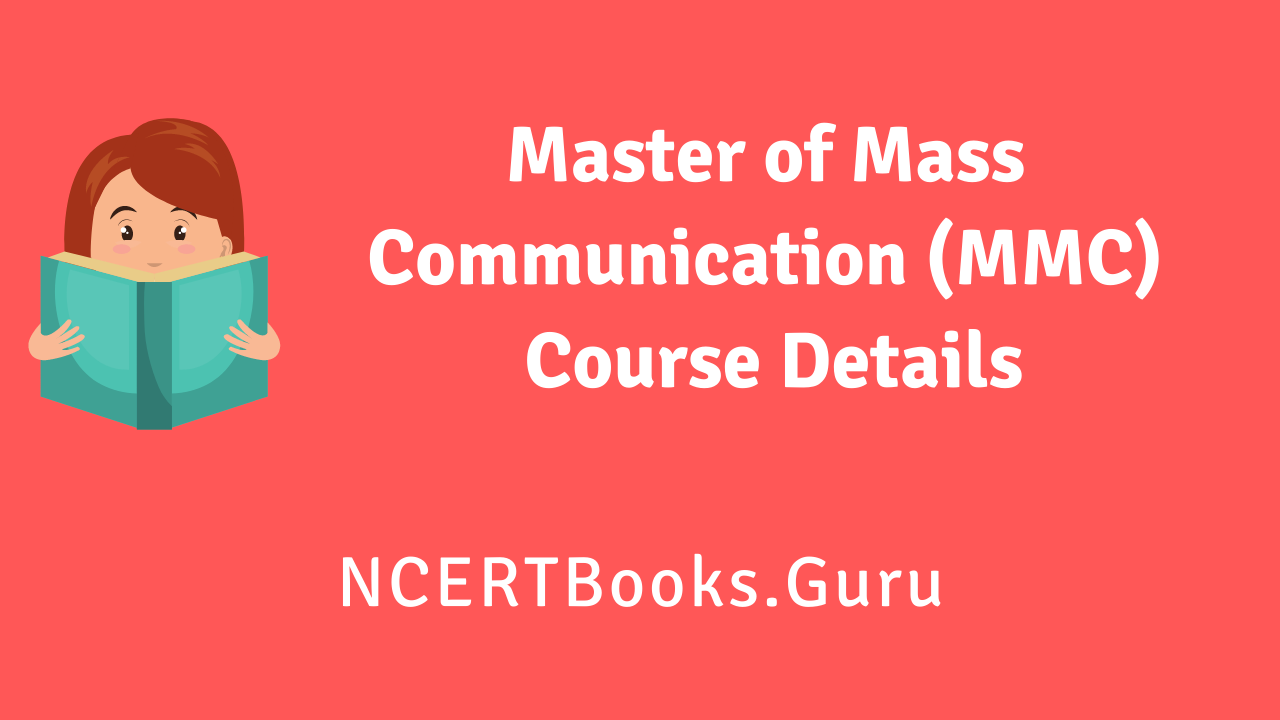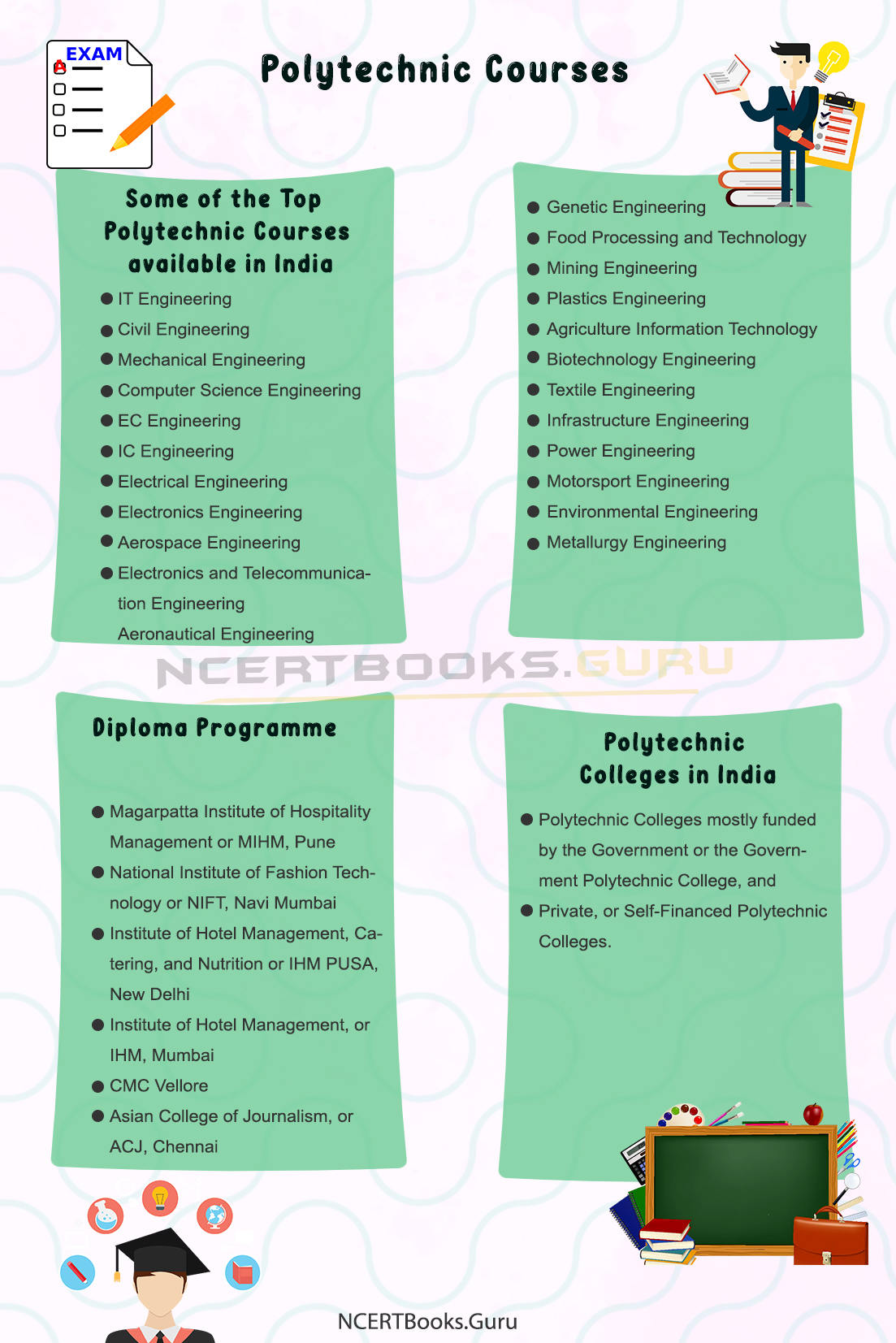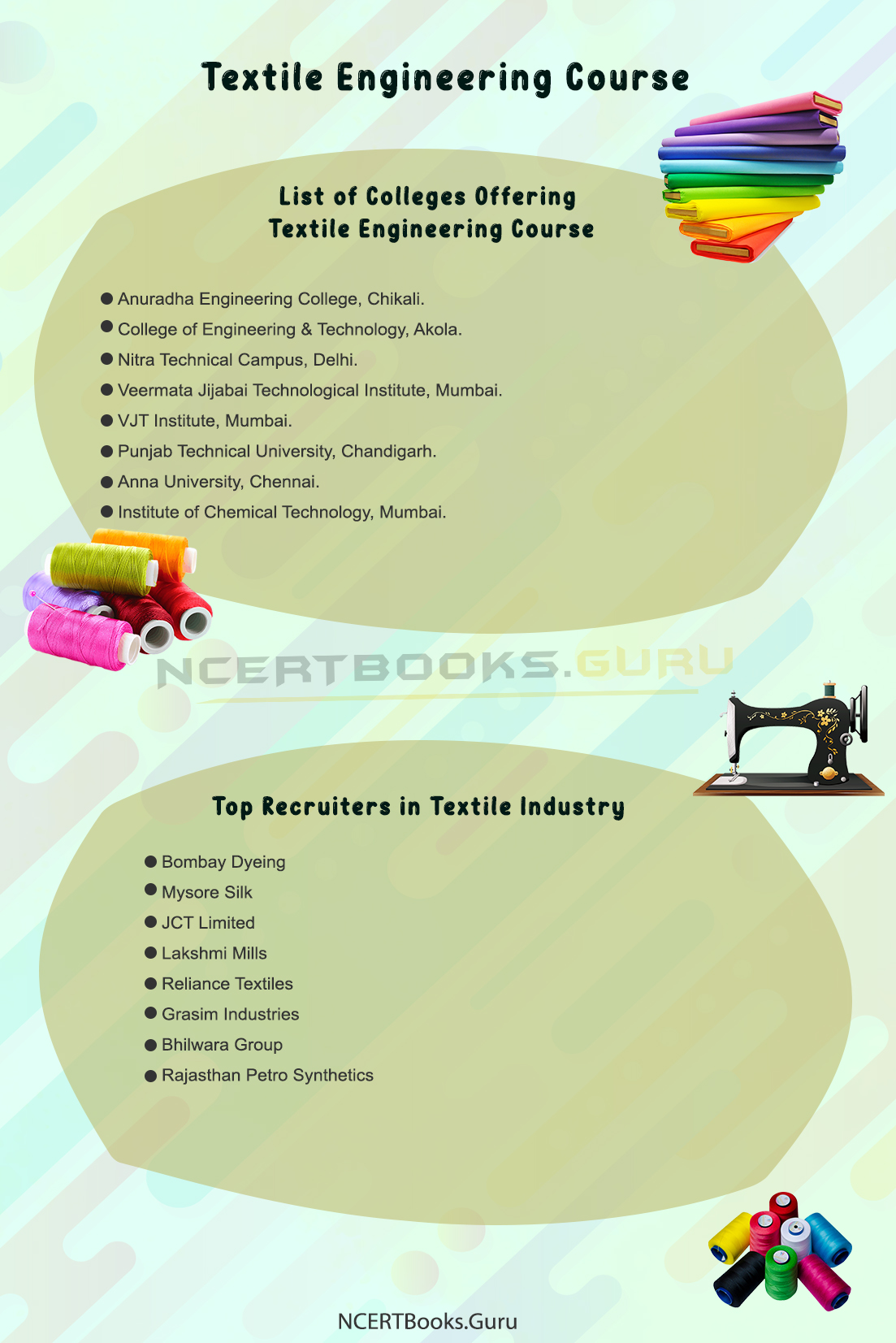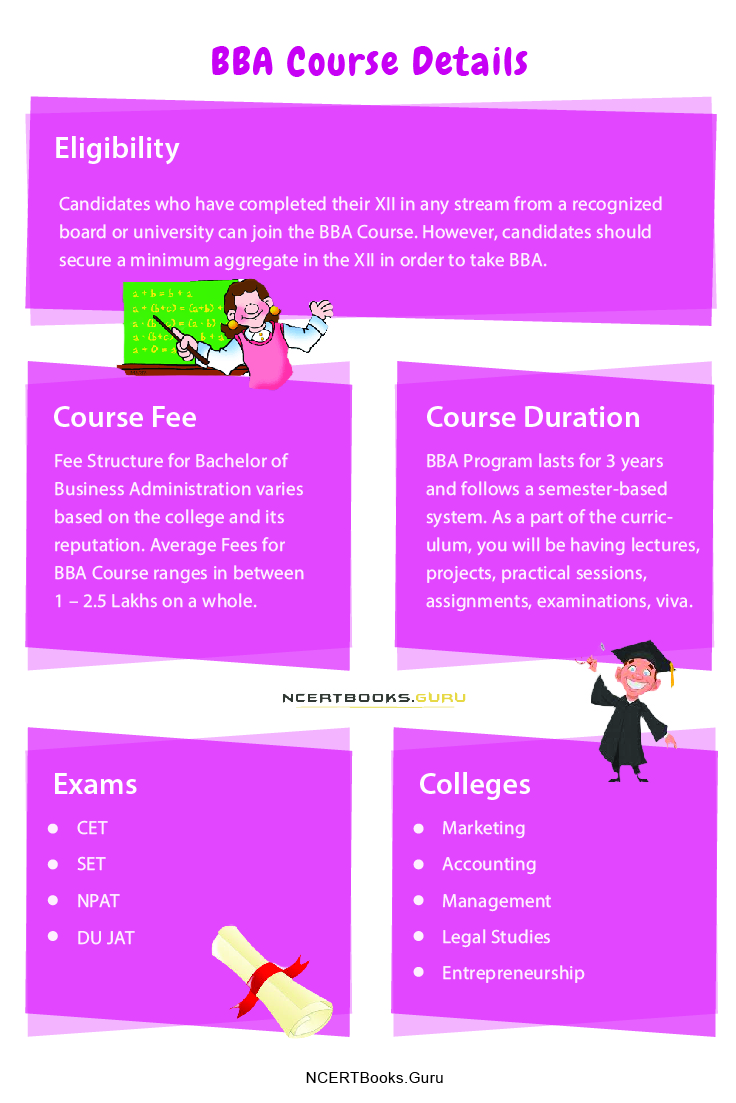VNSGU Courses: Check out Veer Narmad South Gujarat University Courses and Syllabus 2021. Candidates can check the necessary details about VNSGU Courses and syllabus 2021. Here we have given courses and also syllabus for various programs and other important details. Here we also gave semester-wise Subjects which helps the candidate in providing information. Also, check various academic programs offered by Veer Narmad South Gujarat University The Institute invites applications from candidates who have completed or are likely to complete the required courses this academic year. Download the Veer Narmad South Gujarat University Courses and Syllabus PDF is also available here.
Veer Narmad South Gujarat University (VNSGU) offers programs at undergraduate, postgraduate, integrated, and doctoral levels. The university offers various UG, PG, M.Phil & Ph.D. and Diploma courses in 94 Government, 49 Grant-in-aid, 190 self-financed, and 104 postgraduate centers. The admission to this university is based on the All India Entrance Exams conducted by different boards. Candidates are selected on the basis of marks scored in the last qualifying examination. The eligible candidates are then required to appear in the personal interview or counseling conducted by the college.
- About Veer Narmad South Gujarat University
- Veer Narmad South Gujarat University Courses
- Veer Narmad South Gujarat University Syllabus
- VNSGU Courses & Previous Syllabus
- What is the Application Process of VNSGU?
- Where do I get the VNSGU Syllabus?
- What are the courses offered at VNSGU?
VNSGU Courses and Syllabus 2021
| University | Veer Narmad South Gujarat University |
| Location | Surat, Gujarat |
| Offered Courses | undergraduate, postgraduate, integrated, and Ph.D. |
| Website | Click here |
| Application Notification | Admissions open |
About Veer Narmad South Gujarat University
The Veer Narmad South Gujarat University has 282 college affiliations as per the year 2013-2014. The University, awarded B++ by the National Accreditation and Assessment Council in 2004 and re-accredited ‘B’ with 2.82 CGPA in 2011, was originally established under the South Gujarat University Act, 1965 passed by the Gujarat State Legislative Assembly. It became functional from the academic year of 1966 and was incorporated as a University on 23 May 1967. Recognized by the University Grants Commission in 1968, it was renamed as Veer Narmad South Gujarat University in 2004.
The University is providing higher education as par with any other university of the state and India. As we know that this university will conduct semester exams Twice a year. So for that need, students should have clarity on the syllabus for the applied course. So here we have given the courses and syllabus details of this University.
Do Check:
- Maharshi Dayanand University Courses and Syllabus
- SSN College Courses
- Sumandeep Vidyapeeth Courses
- Cutn Courses
- Cmi Courses And Syllabus
Veer Narmad South Gujarat University Courses
Here we have given the list of the courses that are offered by this university under UG, PG, Certificate courses
Under Graduate
- Bachelor of Arts (REGULAR) (B.A.)
- Bachelor of Arts (EXTERNAL) (B.A.)
- Bachelor of Library and Information Science (B.LIB.)
- Bachelor of Performing Arts (B.P.A.)
- Bachelor of Fine Arts (B.F.A.)
- Bachelor of Social Work (B.S.W.)
- Bachelor of Interior Design (B.I.D.)
- Bachelor of Education (B.ED.)
- Bachelor of Education (BASIC EDUCATION)
- Bachelor of Science (B.SC.)
- Bachelor of Science (COMPUTER SCIENCE)
- Bachelor of Science (BIO-TECHNOLOGY)
- Bachelor of Science (MEDICAL TECHNOLOGY)
- Bachelor of Science in Home Science
- Bachelor of Science in Environment Science
- Bachelor of Law (SPECIAL)
- Bachelor of Law (GENERAL)
- Bachelor of Commerce
- Bachelor of Law ( B.COM. LL.B. (HON.) 5 YEAR INTEGRATED COURSE)
- Bachelor of Commerce(REGULAR) (B.COM.)
- Bachelor of Commerce (EXTERNAL)
- Bachelor of Commerce (HONS.)
- Bachelor of Business Administration (B.B.A.)
- Bachelor of Medicine & Bachelor of Surgery (M.B.B.S.)
- Bachelor of Physiotherapy
- Bachelor of Optometry (B.OPTOM.)
- Bachelor of Science Nursing (B.SC. (NURSING))
- Post Basic Bachelor of Science Nursing
- Bachelor of Rural Studies (B.R.S.)
- Bachelor of Science & Information Technology (M.SC. (I.T.)
- Bachelor of Computer Application (B.C.A.)
- Bachelor of Homeopathy medicine & Surgery (B.H.M.S.)
- Bachelor of Architecture (B.ARCH.)
Post Graduate or Diploma
- Advanced Post Graduate Diploma In Medical Plants
- Diploma in Clinical Pathology
- Diploma in Community Medicine
- Diploma in Dermatology, Venereology & Leprosy
- Diploma in Obstetrics & Gynaecology
- Diploma in Ophthalmology
- Diploma in Oto-Rhino & Laryngology
- Diploma in Paediatrics
- Diploma in Psychiatry
- Diploma in Public Health
- Diploma in Radio – Diagnosis
- Diploma in Tuberculosis & Chest Diseases
- Doctor of Philosophy (Ph.D.)
- M.D. (PHYSIOLOGY )
- M.D. (TUBERCULOSIS & RESPIRATORY MEDICINE )
- M.D. (ANAESTHESIOLOGY )
- M.D. (BIOCHEMISTRY )
- M.D. (COMMUNITY MEDICINE )
- M.D. (DERMATOLOGY, VENEREOLOGY & LEPROLOGY )
- M.D. (FORENSIC MEDICINE )
- M.D. (GENERAL MEDICINE )
- M.D. (MICROBIOLOGY )
- M.D. (PAEDIATRICS)
- M.D. (PATHOLOGY)
- M.D. (PHARMACOLOGY)
- M.D. (PSYCHIATRY)
- M.D. (RADIO-DIAGNOSIS)
- M.D. (SOCIAL & PREVENTIVE MEDICINE)
- M.S. (E.N.T.)
- M.S. (GENERAL SURGERY)
- M.S. (OBSTETRICS & GYNAECOLOGY)
- M.S. (OPHTHALMOLOGY)
- M.S. (ORTHOPAEDICS)
- Master of Architecture
- Master of Arts
- Master of Arts (EXTERNAL )
- Master of Business Administration ( EVENING )
- Master of Business Administration ( REGULAR )
- Master of Business Administration( THM )
- Master of Commerce ( EXTERNAL )
- Master of Commerce ( HONORS )
- Master of Commerce ( REGULAR )
- Master of Computer Application
- Master of Education
- Master of Human Resource Development
- Master of Labour Welfare
- Master of Laws
- Master of Library and Information Science (PART-TIME)
- Master of Library and Information Science (REGULAR)
- Post Graduate Of Diploma
Certificate course
- Advance Certificate Course In Statistical Package For The Social Sciences (SPSS)
- Certificate Course In Statistical Package For The Social Sciences(SPSS)
- Sarjnatmak Lekhan – GUJARATI
- Proof Reading Certificate Course
Veer Narmad South Gujarat University Courses – Click Here
Veer Narmad South Gujarat University Syllabus
VNSGU Courses: Here we have given the syllabus for the academic year 2017-18. Candidates who want to score good marks in their final exams can refer to this article and gain information. A student can score good marks if he knows the exact syllabus of the exam he/she is writing.
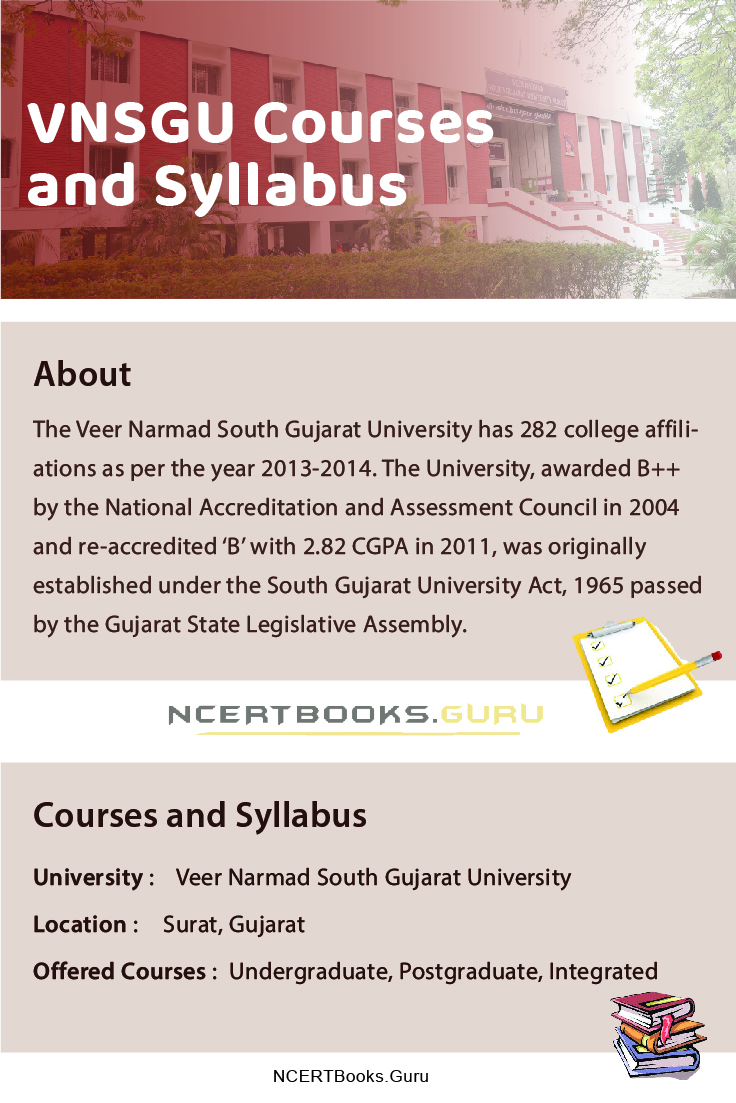
Veer Narmad South Gujarat University Exam Syllabus 2019
Arts
- External Syllabus (Yearly Pattern) (F.Y. B.A.)
- External Syllabus (Yearly Pattern) (S.Y. B.A.)
- External Syllabus (Yearly Pattern) (T.Y. B.A.)
Commerce
- External Syllabus (Yearly Pattern) (F.Y. B.COM.)
- External Syllabus (Yearly Pattern) (S.Y. B.COM.)
- External Syllabus (Yearly Pattern) (T.Y. B.COM.)
- External Syllabus (Yearly Pattern) (M.COM. PART- I)
- External Syllabus (Yearly Pattern) (M.COM. PART- II)
Veer Narmad South Gujarat University Rescent Syllabus – Click Here
VNSGU Courses & Previous Syllabus
Veer Narmad South Gujarat University Courses and Syllabus: Candidates studying at this university should know the syllabus of the particular course. So here we have mentioned the syllabus of courses for the academic year 2017-2019. As we know that the exam syllabus remains the same as the last year. So here we have given the syllabus for this academic year.
Veer Narmad South Gujarat University Syllabus 2017-18 – Click Here
Veer Narmad South Gujarat University 2017 Syllabus – Click Here
Veer Narmad South Gujarat University 2016 Syllabus – Click Here
Veer Narmad South Gujarat University 2015 Syllabus – Click Here
Veer Narmad South Gujarat University 2014 Syllabus – Click Here
FAQs on VNSGU Courses
1. What is the Application Process of VNSGU?
To seek admission into any of the courses offered at VNSGU you need to fill up the application form at the official website of the VNSGU.
2. Where do I get the VNSGU Syllabus?
You can get the VNSGU Syllabus through the quick links available on our page.
3. What are the courses offered at VNSGU?
VNSGU offers various courses at UG, PG, diploma, certificate, and doctoral levels. If you want to get detailed info on courses you can look out for the aforementioned article.
Summary
We have provided VNSGU Courses and Syllabus 2021 in this article. Students are requested to share this article with their friends. Students who want to know more details about this article those associated with the Official Website for Veer Narmad South Gujarat University or our web page to know more information. Students who have any queries about this article can leave a review in the below report box for clarifying your doubts.

